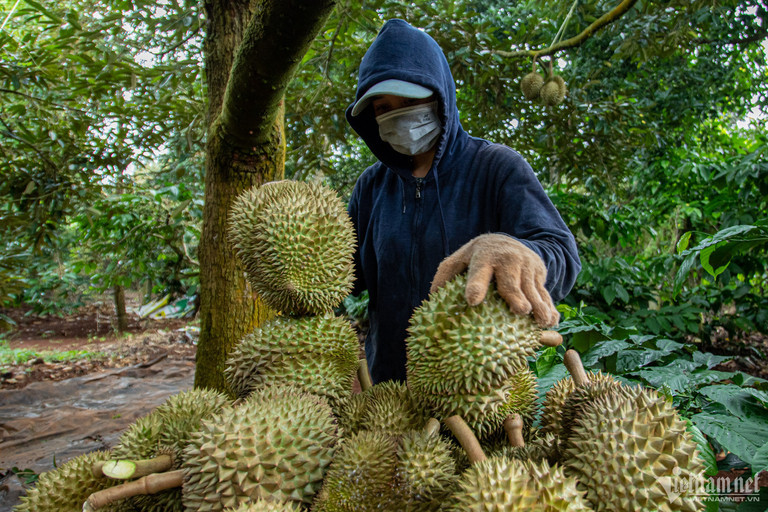
Talking to the press on January 22, Nam said during the working sessions there, the two side agreed on many issues related to agriculture and rural development.
Working with the Chinese General Administration of Customs, the two sides agreed on supplementing content in three agreements on wild catch fish exports, bred crocodile exports and bred monkey exports. As for vegetables and fruits, China has agreed to open its market to more fruits. Once procedures are completed and protocols are signed, Vietnam will be able to export avocado and passion fruit.
China has also agreed to consider allowing Vietnam to export poultry to the market.
The avocado and passion fruit growing areas in Vietnam are large and the sale of the products will be more stable if they can be exported to China through official channels.
Regarding poultry, Vietnam has a herd of 559 million fowls with total poultry meat of 2.31 million tons and 19.22 billion eggs. Vietnam has many epidemic-free areas and its products have been exported.
China, with total population of 1.4 billion and consumer tastes similar to Vietnam’s, is a vast market for Vietnam once the ban on poultry imports from Vietnam is removed.
In 2023, Vietnam exported $12.2 billion of farm produce to the Chinese market, an increase of 17 percent compared with 2022. With the figure, China officially surpassed the US to become the top importer of Vietnamese farm exports.
Nam believes that Vietnam’s farm exports to China will see a high growth rate this year as Vietnam now has more favorable conditions to bring products to the market.
Agencies in border areas of the two countries have agreed to meet more regularly to solve problems during farm produce import/export activities.
When working with China’s Guangdong provincial authorities, the two sides agreed on building a two-way logistics chain which allows Vietnam’s fruits to go to the Chinese market through wholesale markets in the province.
Meanwhile, Shenzhen Farm Produce Center has reserved a booth for Vietnam’s OCOP (one commune, one product) to display. Vietnam’s durian is favored by Chinese consumers.
Tam An